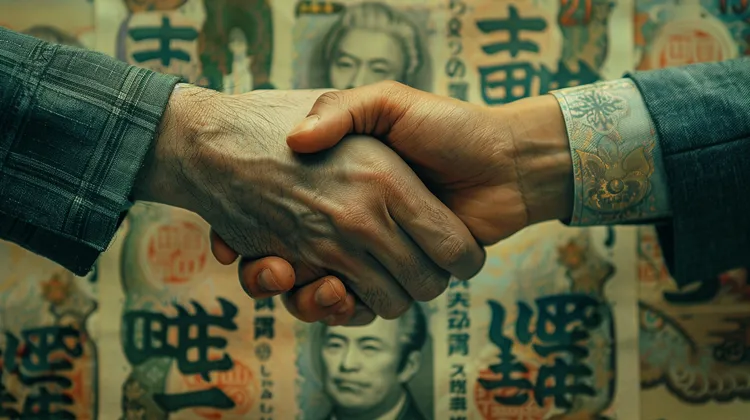The Financial Services Agency (FSA) of Japan, which is the country’s main financial regulator, has clarified its stance on peer-to-peer (P2P) cryptocurrency transactions. The FSA recently issued recommendations to local banks, urging them to enhance user protection by blocking transfers to crypto-asset exchange service providers if the sender’s name differs from the account name. This raised concerns because P2P transfers in Japan often involve two different users. The FSA has clarified that their recommendations do not apply to transactions between individuals, but rather aim to prevent unlawful money transfers from personal bank accounts to crypto-asset exchange providers.
To understand the implications of this clarification, let’s consider a hypothetical scenario. Let’s say there is a fraudster, X, who wants victim Y to send them a deposit from their bank account to the fraudster’s newly created crypto account. Since the crypto platform won’t accept a deposit from another person’s account, the fraudster convinces victim Y to change their name to X so that the platform will accept it. With the FSA’s new recommendations, the bank will now block this suspicious transaction where the sender requests a name change to make a deposit to the crypto platform.
The FSA has stated that many financial institutions in Japan have already implemented these measures, but they have not received any reports that raise concerns about the crypto-asset markets. It’s important to note that these recommendations are not mandatory for all financial institutions, as banks are expected to assess their own circumstances and decide the appropriate course of action.
South Korea, Japan’s neighboring country, is also taking proactive steps to combat crypto fraud. The country’s Financial Intelligence Unit (FIU) plans to introduce a preemptive trading suspension system for suspicious transactions on existing platforms. This system will freeze transactions even during the pre-investigation phase.
The FSA’s latest recommendations to local banks in Japan regarding P2P crypto transactions aim to prevent unlawful money transfers to crypto-asset exchange providers. While there were concerns that these recommendations might hinder P2P transfers involving different users, the FSA clarified that their recommendations are not meant to apply to transactions between individuals. The FSA expects banks to consider their own circumstances and decide on appropriate measures. South Korea is also taking steps to combat crypto fraud with a preemptive trading suspension system for suspicious transactions.




The FSA should prioritize protecting users instead of relying on banks to assess their own circumstances. This is a major letdown. 😡
I can already see scammers finding ways to work around this new recommendation. It feels like a pointless effort from the FSA. 🤦🏻♀️
This clarification just seems unnecessary. Why would the FSA recommend a measure that doesn’t even apply to the majority of P2P transactions?
I would’ve expected more from the FSA. These recommendations are just not enough to ensure the safety of P2P crypto transactions. 🚫
These recommendations are a complete waste of time. They won’t do anything to stop fraudsters from finding loopholes. What a joke! 🙄
If the FSA hasn’t received any reports raising concerns about the crypto-asset markets, then why are they even bothering with these recommendations?
This is a significant step towards creating a safer environment for cryptocurrency users.
I appreciate the efforts made by the FSA to balance user protection and convenience in the crypto market.